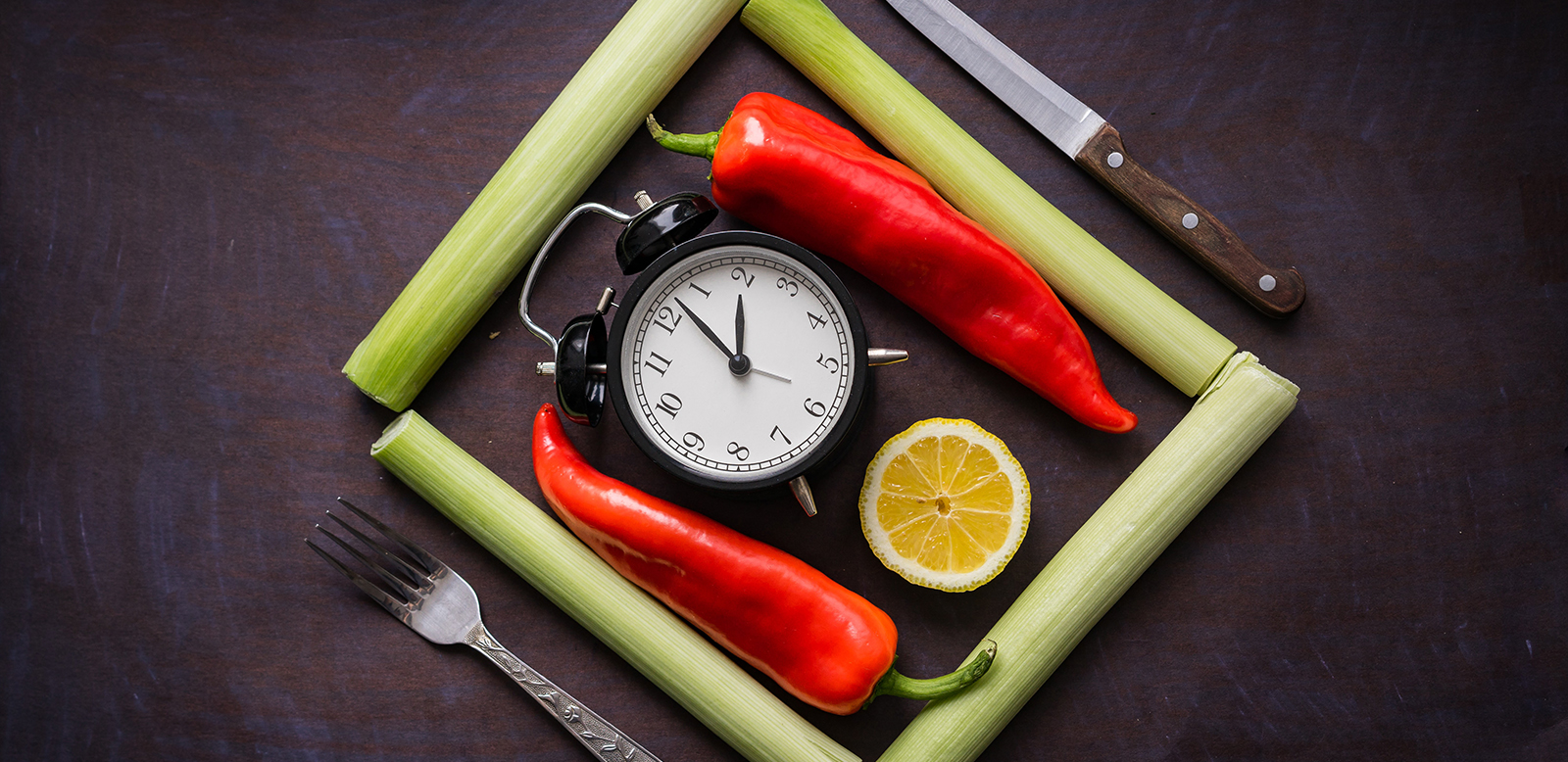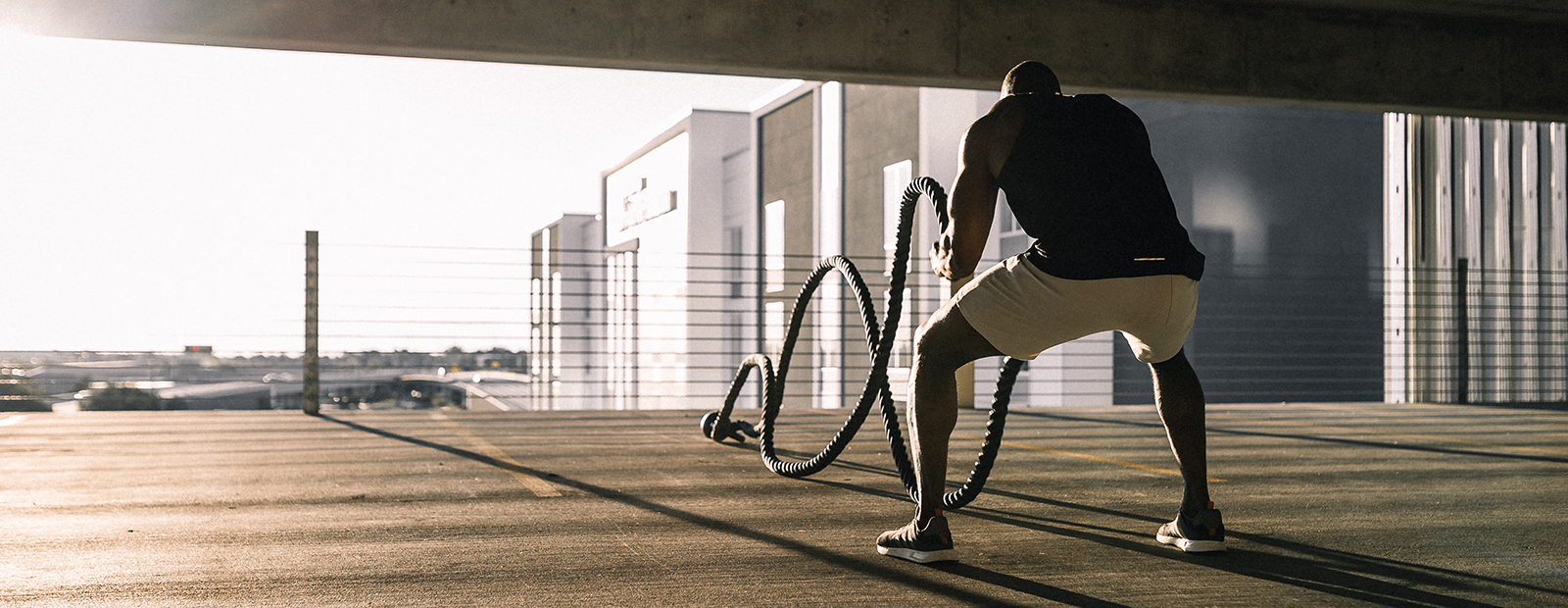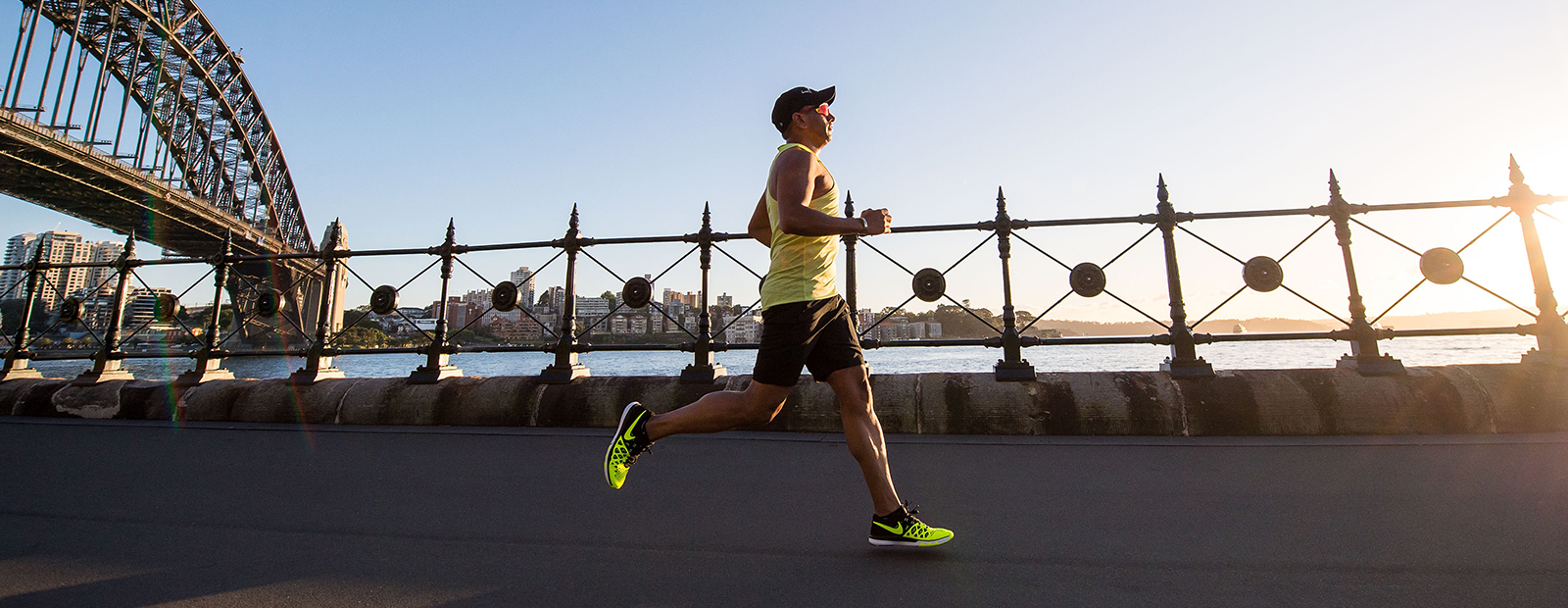
Breakfast before or after exercising?
You will burn more fat if you go for a run without eating anything, but it has everything to do with the fact that your body has little insulin after you have not eaten for about 8 hours. Without insulin, your body does not store fat, so fat is released more easily. However, this does not mean that you will lose weight faster. If your body has nothing to break down, it will venture into the reserves stored in your body’s muscle and fat cells. What does this mean? That only a small part of your fat is actually burnt and, what’s more, your muscles don’t work as well as they should. After all, not eating before exercise means you’ll have less energy in your body, which means you won’t be able to give it your all during your workout, which is obviously a shame!
It’s all about the total energy balance
When you exercise without eating breakfast you burn more fat, relatively speaking. However, this does not mean that you will lose more weight, your body will get the necessary energy for your effort in this case more from fatty acids than from carbohydrates. In the end, exercising on an empty stomach does not make you burn more calories. So you will not lose weight faster, because whether you lose or gain weight has everything to do with the total energy balance (calories in versus calories out).

Disadvantages of exercising on an empty stomach
When you exercise before breakfast you will not lose weight faster. There are also a number of other possible disadvantages of training on an empty stomach. Your training performance will quickly decrease because your body has little or no fuels. There is a chance that your body will break down proteins to serve as a source of energy, which is something that you, as a strength athlete, obviously want to avoid. When you train heavily and intensively, there is a chance that you will faint due to a too low blood sugar level.
Ideal breakfast for your workout
For an optimal morning workout, split your breakfast into two parts. Before exercise, eat a small energy bomb of fast carbohydrates and only a small amount of unsaturated fats (also good for keeping your cholesterol levels up) – avoid foods that are difficult to digest and high in fat and fibre. To help your muscles recover, eat a healthy breakfast with enough nutrients, carbohydrates and protein within half an hour of exercise.

What to eat after exercise?
Eating after exercise helps your muscles recover quickly so you can use them again. You eat to restore your energy levels, to stimulate the building of your muscles and to restore your fluid levels. Carbohydrates and proteins are especially important for this meal, so go for healthy options like egg, nuts, fish, poultry, chickpeas and dairy products like cottage cheese and yoghurt. Supplement with a banana, oatmeal or other sources of carbohydrates.

